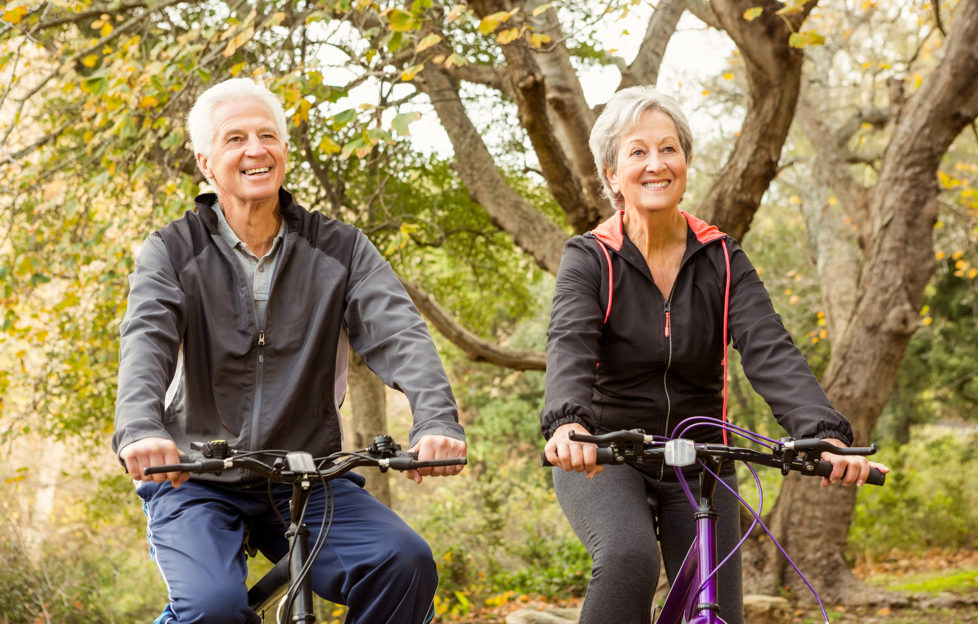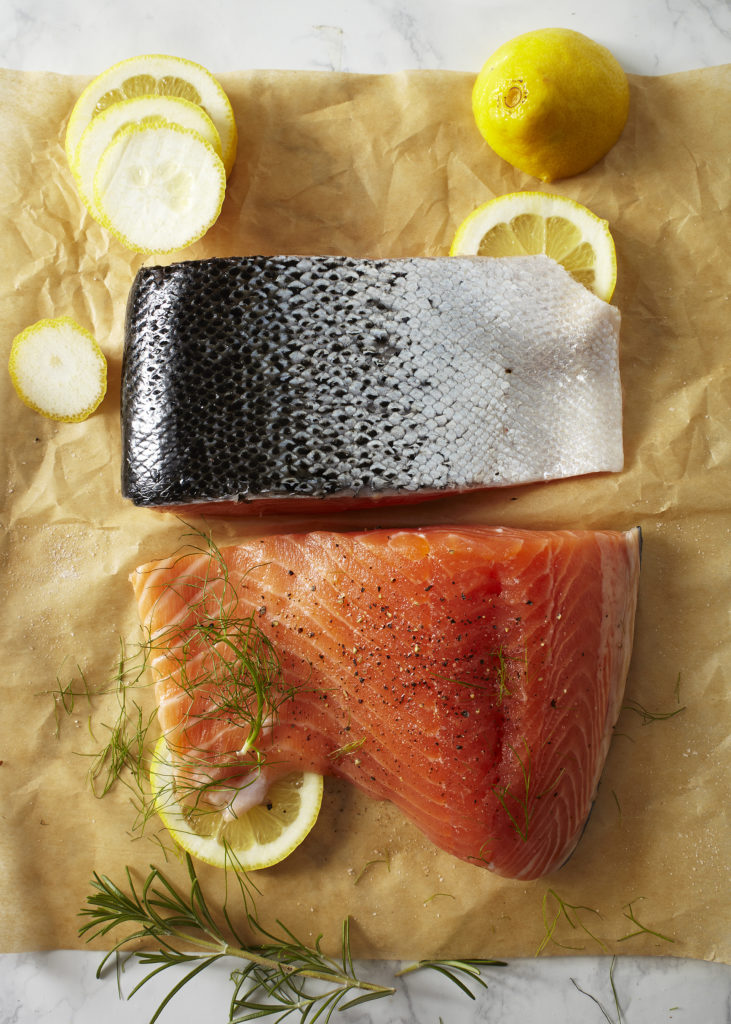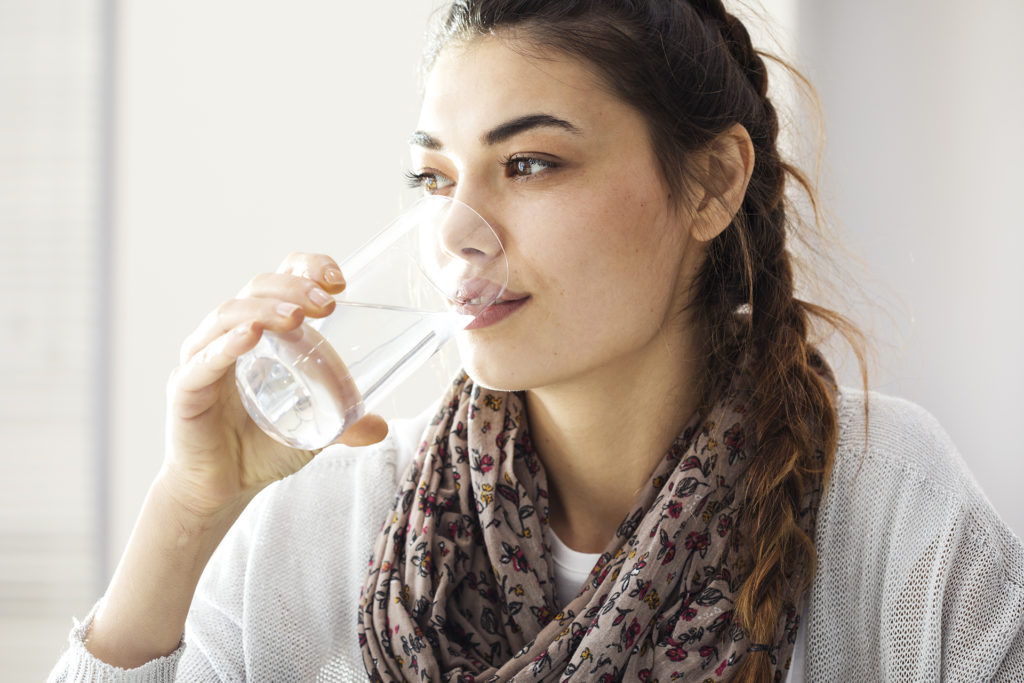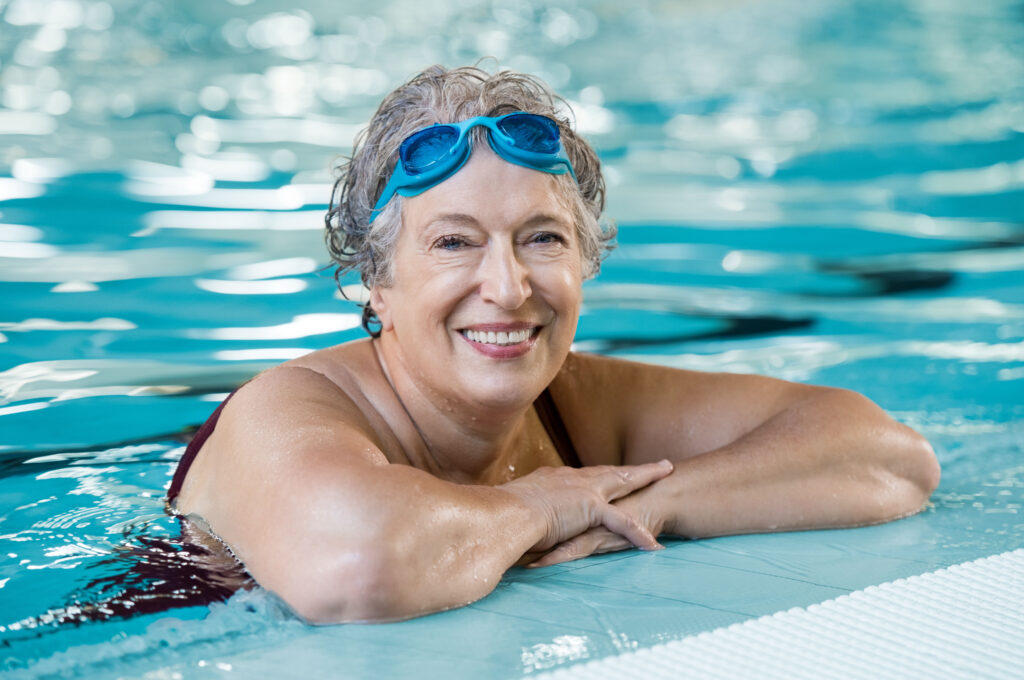9 Things We All Need To Know About The Menopause

With recent research suggesting talking therapies and mindfulness can help ease menopause symptoms, we take a look at things we all need to know about the menopause.
9 facts for menopause support
1. It’s not only your body that’s affected
The hormonal changes which are a natural part of the menopause can also affect your mind. Memory loss, forgetfulness, anxiety, poor concentration, depression and high stress levels can all be symptoms of the menopause.
Recent research by The University College London, examined 30 studies involving 3,500 women in 14 countries, including the UK, the US and Australia. Their research found that mindfulness and talking therapies could help with low mood and anxiety during menopause.
Draft NHS guidelines suggest GPs could offer CBT along with, or instead of, HRT. This new research is very welcome, giving patients more options to ease their menopause symptoms.
“For many women, psychological symptoms can be some of the first signs that your ovaries are making less oestrogen and the menopause is approaching,” says psychologist Dr Meg Arroll, Healthspan Ambassador and author of The Menopause Maze.
“If you’ve started to feel panicky over small things or have a sense of dread for seemingly no reason, speak to your doctor. There are a number of natural and medical treatments available that can help alleviate the psychological symptoms of the menopause.”
2. Menopausal hearts need extra TLC
Oestrogen helps keep arteries healthy so, as oestrogen levels drop with the onset of the menopause, the risk of coronary heart disease increases.
In the UK, one in twelve women die from coronary heart disease – twice as many as breast cancer. To reduce your risk of coronary heart disease, take more exercise, devote time to reducing your stress levels and eat a heart-friendly diet packed full of green vegetables, berries, oily fish, wholegrains, pulses and oats.
“Cook from scratch as much as you can, eat more plant-based foods and serve smaller portions to help maintain a healthy weight,” suggests medical nutritionist Dr Sarah Brewer, who is also the medical director of wellness brand Healthspan.
3. Making love may become uncomfortable
Vaginal dryness is a natural, often easily remedied, symptom of the menopause. “Find a lubricant that works for you,” advises consultant gynaecologist Ms Tania Adib from The Medical Chambers Kensington. “There’s also a lot of research showing that Sea Buckthorn Oil can help conquer the thinning of the mucus membranes, a common cause of menopausal vaginal dryness.” TRY: Healthspan Omega 7Sea Buckthorn Oil, 60 capsules £17.95.
4. Herbs can help
There are several herbal remedies which can help relieve menopausal symptoms. “Sage can relieve hot flushes,” says Dr Sarah Brewer, who often recommends Healthspan’s MenoSerene, £19.95, with sage and isoflavones to alleviate menopausal symptoms. “In addition, the herbal remedy rhodiola rosea is calming yet energising and also enhances sleep quality, making it helpful for overcoming anxiety and fatigue associated with the menopause.”
If you’re feeling depressed, St John’s Wort can lift low mood – and can also boost your libido. “Research found that, after three months of taking St John’s Wort, 60% of women with a low libido became interested in sex again,” reveals Dr Brewer.
5. B vitamins are vital
The eight B vitamins (B1, B2, B3, B5, B6, B7, B9 and B12) all help to produce energy so can be very beneficial if the menopause has left you feeling that your get up and go has gone.
Although the body only stores vitamin B12, as B vitamins are found in a variety of foods, as long as you enjoy a balanced diet, you should be getting enough of these vital nutrients. However, as anxiety and high stress levels increase how quickly the body uses B vitamins, it’s important to ensure you’re getting enough of these fatigue-busting nutrients during and after the menopause.
“Vitamin B12 is also required for good bone health,” adds Dr Sarah Brewer. “It helps keep bones healthy, which is very important for women during the menopause as up to 10% of bone density can be lost as oestrogen levels drop.”
Try Healthspan High Strength Vitamin B Complex (£10.95), a vegan combination of the eight B vitamins.
6 Water works!
Lower levels of oestrogen makes it difficult for your body to retain moisture, which is why you may notice your skin and hair become drier as you go through the menopause. “Drinking water can reduce this negative effect of falling oestrogen,” says Dr Brewer, who adds that drinking water can also boost energy levels. “Women who drink 1.5 litres of still, plain water daily inevitably report better energy levels.”
If you’ve noticed more joint and muscle aches and pains since the menopause, try drinking more water. “Extra water helps your body get rid of the uric acid that can trigger arthritis-related pain and swelling,” explains Dr Brewer.
7. You can keep your waist
An expanding waistline is one of the physical changes that many women encounter when going through the menopause – but it’s possible to keep the dreaded meno-middle at bay.
“Movement is important when it comes to fighting meno-middle,” says personal trainer Nicola Addison. “Opt for 30 minutes of vigorous activity – perhaps biking, running, brisk walking or swimming – three to four times per week.
“Weight training can also help. You can work out with weights at home by lifting bags of rice or full 1.5 litre water bottles, aiming for 10-15 repetitions of each lift.
“Investing in a fitness tracker will also allow you to keep an eye on how much you’re walking. Aim for 10,000 steps a day, which is about five miles.”
8. Sleep deprivation
A menopause survey by Healthspan found that over a third of women declared that sleep was a problem and impacted on their live. Rob Hobson, author of The Art Of Sleeping (HQ, Amazon, £8.99) said: “This is time when women may need to review their sleep hygiene. Simple tips could be just reviewing the tog on their duvet and looking at simple changes to their night wear and ventilation in the room. There are supplements or things that can help such as taking magnesium before bed to reduce anxiety which has been shown to be a problem during the menopause. There are a number of sleep aids such as Valerian, available in tinctures like A.Vogel Dormeasan Sleep (£11.99) or in supplement form.
CBD has also been shown to help with sleep and anxiety and there is now a new Night Time formulation by Healthspan called Night Time CBD Oil that contains hops, lemon balk and chamomile (£19.95).
9. You’re now officially a warrior!
The same survey found that 46% of women over 50 are more confident now than when they were young. “Women in mid-life tend to care less about what others think and more about what makes them feel good about themselves,” says Dr Meg Arroll.
“With age, the obsessiveness of youth and focus on appearance fades, replaced by a more outwardly perspective. The survey also found that women intuitively know that spending time with others boosts mental health and confidence, as does being active and self-sufficient.
“Women in midlife are warriors in the truest sense of the word.”
More on the Menopause:
- Let’s Talk About Perimenopause
- Menopause Weight Gain – And How To Avoid It
- Has the Menopause Given Me Asthma?
- Let’s Talk About Sex… And The Menopause
- 9 thing you didn’t know about menopause










